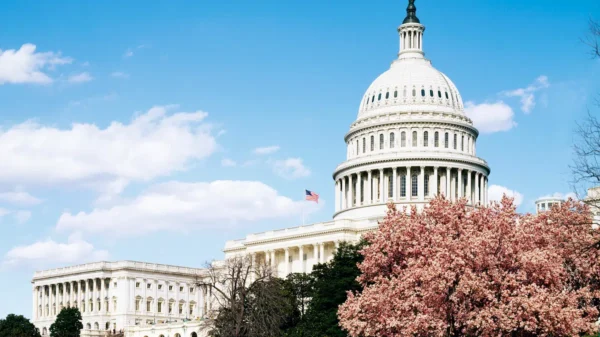US Representative David Schweikert has introduced a controversial bill granting the President authority to empower private actors against foreign crypto criminals.
Introduced earlier this month, the proposal, filed as House Resolution (H.R. 4988), invokes “letters of marque and reprisal.” It’s a rarely used legal tool rooted in maritime warfare. Historically, such letters authorized privateers to seize enemy ships, creating a framework for governments to retaliate without deploying navies.
Schweikert’s measure seeks to extend this practice into the digital era. Under the proposal, individuals or companies could act on behalf of the United States to recover stolen assets or disrupt cybercriminal networks targeting American interests. Furthermore, the legislation would allow these actors to use “all means reasonably necessary” to seize assets or detain perpetrators, including those tied to state-backed operations.
To maintain accountability, every letter issued would require a security bond. This safeguard would also ensure compliance with federal directives and limit abuse. Schweikert further argued current approaches cannot meet the scale of modern cybercrime.
“This legislation allows us to bring accountability and restitution to the digital battlefield,” said Schweikert.
The House Committee on Foreign Affairs is currently reviewing the bill. It must pass both chambers before reaching the President’s desk for approval. If enacted, the proposal would create an entirely new legal framework for cross-border crypto crime enforcement.
The concept of letters of marque and reprisal originated in the 13th century, when European monarchs issued them to private individuals as a form of state-approved self-help to retaliate for wrongs suffered at the hands of a foreign country or one of its nationals.
Read more: Monero debates security overhaul after Qubic mining threat
Read more: U.S. Treasury seeks public input on digital identity in DeFi
Crypto hacks fuel pressure for new enforcement tools
The proposal comes amid escalating frustration with high-profile crypto hacks. In 2025 alone, North Korea’s Lazarus Group orchestrated several major attacks. In February, the group also allegedly exploited Bybit in a USD$1.5 billion heist. Additionally, breaches targeting major platforms like India’s CoinDCX put the vulnerability of global exchanges on display.
Law enforcement agencies have struggled to identify or apprehend the crypto criminals involved. Recovering stolen funds has proved equally difficult, leaving investors and platforms exposed. Meanwhile, the scale of these operations has deepened concerns about the role of state-sponsored actors in fueling cybercrime.
Schweikert framed his legislation as a necessary response to outdated laws.
“Americans deserve protection from digital predators who exploit outdated laws and hide in foreign jurisdictions,” he said.
“This proposal harnesses innovation and constitutional authority to respond to the modern crisis of cybercrime.”
If H.R. 4988 becomes law, the US could shift from relying primarily on intelligence-gathering to actively deploying private actors in cybercrime interventions. Such a move would mark a historic departure from traditional enforcement and potentially reshape how the US confronts digital threats abroad.
.
Follow Joseph Morton on Twitter
joseph@mugglehead.com














